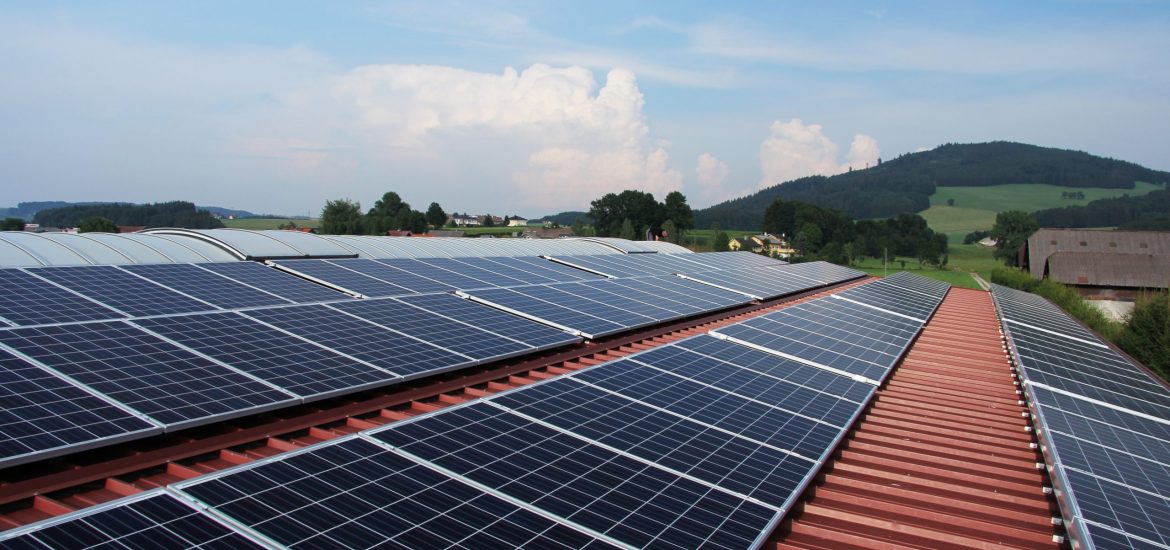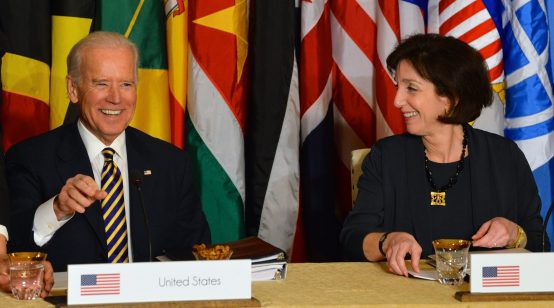
The novel coronavirus commands the world’s attention, but underneath the pandemic, energy geopolitics are shifting. Last week, the Director of the International Energy Agency Fatih Birol was unequivocal: “The energy industry that emerges from this crisis will be significantly different from the one that came before.” Economic recovery will guide countries’ near-term choices on energy and push them towards nationalism. But recovery will only occur if countries return to globalism and interdependence.
Trade is the defining component of the nationalism-globalism divide, of course. Nationalism nurtures renewables, as countries seek to increase domestic power production. Yet oil is the predominant energy source in the world, accounting for 33.2% of primary energy consumption in 2018. It was also the most globally traded energy source, with 71.5% changing hands in 2018. By comparison, traded gas was 24.2% of total consumption and coal 22.8%. Trade in renewables is marginal. More than any energy source, oil needs globalism to return.
The global depression will affect everyone. How countries navigate it through nationalism and globalism in three energy areas – investment, renewables, and oil – will redefine the parameters of energy geopolitics. Those who stave off the political temptations of nationalism will emerge relatively stronger, but globalism requires others to participate, and therefore a leap of faith.
First in, first out
French economist Thomas Piketty famously argued that return on capital investment has outpaced economic growth since the early nineteenth century. His argument is not explicitly about coal, oil, and gas – but it sure does correlate with them. Piketty’s key insight, however, is that those who invest will reap more rewards than simply bringing their economies back online.
The countries that invest now will gain geopolitical clout. Based on its head start tackling the coronavirus, China will be able to invest first in the three technologies critical in the energy transition: renewables, hydrogen, and carbon capture. The West and its allies can do the same, of course, if they choose. Nationalism slows energy trade, but winning technologies cross borders.
Nationalism-renewables nexus
Renewables (solar, wind, and geothermal) are cheaper than ever, and cheaper than coal. Their environmental benefits are obvious. Citizens, especially in cities, may not be so willing to return to carbon dioxide-laden air after the current emissions reprieve. Clean energy is the nationalist answer to electricity-supply security. Europe led the world in 2018 in renewables generation, producing 30.9% of the global total – Germany alone produced 8.4%, China was second with 25.5%, and the United States third at 18.5%.
Recovery packages that prioritize green stimulus will bestow longer-term advantages. The European Commission crafted its Green New Deal before the crisis hit, and leaders have pledged to incorporate its principles into economic recovery, bolstering both new offshore wind and the energy transition. A recent Stanford University study projected that Green New Deals in 143 countries would create 30 million new jobs, albeit at a steep price tag of $73 trillion. Other countries lag Europe in such initiatives, but should use the crisis as a way to mobilize them.
Globalism and oil’s return
Oil’s slump will correlate with the slowdown in global trade and transportation. The big three producers – Saudi Arabia, Russia, and the United States – will feel the pinch. But second-tier producers such as Iran and Venezuela will experience the worst pain.
The Trump Administration’s energy nationalism has scored notable successes in gaining market share, but is unwise in the long term. When the United States last leaned on energy nationalism, it instituted import quotas from 1959 to 1973. These measures made U.S. producers less competitive and helped spawn OPEC in 1960 and the 1973-4 Arab oil embargo. Washington reversed course in the 1980s, stimulating nearly four decades of globalization that helped secure oil supplies.
The pandemic-induced oil-price collapse wounded the United States, as shale wells were left idle, waiting for price to return. China is clearly reaping the benefits of cheap oil. Russia massively miscalculated by leaving OPEC+, losing precious time to help oil recover and witnessing the Saudis aggressively wrestle new market share in Europe by offering lower prices. A gambler never makes the same mistake twice.
The most vital strategic asset in oil will be the capacity to ramp up production to fill market share at a pace commensurate with – and therefore stimulating – the global economic recovery. Saudi Arabia can do this better than anyone. The short-cycle of U.S. shale is also an asset.
Eyeing globalism
De-globalization and economic depression will weaken China, Europe, Russia, and the United States, but power is relative. The powers that invest in future technologies, augment production of green energy, and procure market share in oil will emerge relatively stronger. China and Europe will recover with help from clean energy growth. Russia’s recovery will mirror oil’s. The United States has the most to lose from a retreat to nationalism. Its power to export fossil fuels, dollars, military force, and food bestows natural paths to re-globalize.
The central hinge of the nationalism-globalism swinging door is, of course, the U.S.-China economic war. Wasn’t it just yesterday that we likened the relationship to a married couple? U.S.-China geopolitical competition will hasten the energy transition by forcing a showdown between its two energy regimes. The United States owns an inherent advantage in oil and gas. China leads in renewable energy technology, but needs oil, gas, and coal for energy security.
The United States must invest early in carbon capture, green energy, and hydrogen and become an aggressive reentrant to the oil market. China, on the other hand, will return to the global market – and invest – first and has the opportunity to seize the global mantle of leadership in energy and climate. Countries that keep their eyes trained on the global will accrue geopolitical power in energy going forward.
Photo credit: pxhere.






very nice i like this